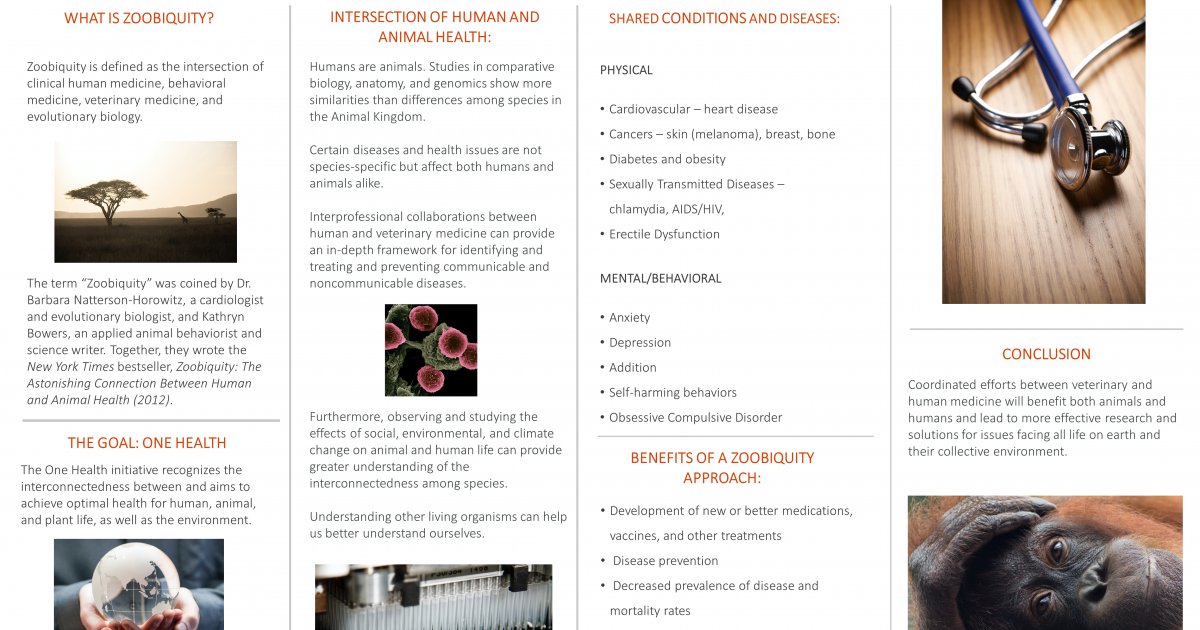New Reasons On Picking Holistic Pet Supplements
Wiki Article
What Are The Most Common Ailments For Pets?
The age of the animal is a factor and overall health, the medical conditions of animals can vary. Common conditions for animals include
Heart Disease - Heart conditions like congestive heart insufficiency can result in decreased heart function, especially for older animals. Endocrine Disorders - Hormonal imbalances such as hypothyroidism and Cushing's Disease can have an adverse effect on the health of animals.
Diabetes mellitus is treatable through insulin therapy as in dietary modifications.
Renal Disease (Kidneys)Kidney disorders are prevalent among older cats and dogs. They could require dietary adjustments and medical management.
Bladder and Bladder and Urinary Tract Issues - Conditions like urinary tract infection, bladder stones and urinary incontinence can affect animals.
Allergies. Animals are susceptible to food allergies, contact allergies and environmental allergies. Allergies can lead to digestive and skin issues.
Behavioral Issues - Behavior problems such as anxiety, aggression and phobias can negatively affect pets' health and wellbeing. They may require an intervention from a veterinarian.
Early detection and prevention of injuries and wounds is crucial for the well-being and health of animals. Regularly scheduled veterinary examinations, vaccinations, parasite control and a healthy diet can prevent a lot of these common medical issues in animals. Additionally, prompt medical attention should be sought when a pet exhibits symptoms of illness or discomfort. Check out the Best pet immune support supplements for more advice.

What Are The Most Effective Vitamins, Probiotics And Supplements For Dogs To Provide Them?
The choice of supplements, vitamins and probiotics for your dog needs to be determined based on the individual needs as well any recommendations given by a vet. It is essential to provide your dog a healthy and balanced diet. However, certain dogs will benefit from supplements. Here are some common supplements that your dog could benefit from and the potential benefits they can bring:
Multivitamins. A high-quality dog food should have all the nutrients, vitamins, and minerals your dog requires. If your dog is subject to specific diet restrictions or requires extra assistance, a multivitamin supplement may be beneficial. If you're giving your dog a vitamin supplement, make sure that it is specifically designed specifically for these specific needs. Too much of some vitamins could cause toxicity. Omega-3 Fatty Acids Omega-3 fatty oils, like fish oil, can enhance skin and coat quality and decrease inflammation and also benefit joints. They are typically suggested for dogs with allergies, skin issues, and arthritis.
Probiotics Probiotics are beneficial bacteria which can help maintain digestive health by maintaining a balanced gut microbiome. They can be used to treat gastrointestinal issues like diarrhea and also to boost the immune system.
Glucosamine & Chondroitin – These supplements are often used to improve joint health and reduce symptoms of arthritis, particularly in large or older breeds.
Before giving your dog supplements It is important to talk with your vet. They'll be able to offer advice that is specifically tailored to your dog's needs. The health of your dog, its size and age can impact the dosage. Too much supplementation can cause damage. It's important to pick supplements from brands you trust. Talk to your vet in the event that you observe any unusual signs or reactions. A well-balanced and veterinarian-recommended diet is typically the best way to meet your dog's nutritional needs, and supplements should only be used when necessary and under professional guidance. Look over the best pet anxiety relief with herbs for more advice.

How Prevalent Is Kidney Failure As Well As Skin Allergic Reactions, And Yeast Infection In Dogs What Are The Treatments Available?
The frequency of yeast infections, as well as kidney disease in dogs is contingent upon factors including breed, health, age, and so on. This article gives a brief overview of the conditions, their incidence, and the possible treatment options.
Skin Allergies - Prevalence Skin allergies affect a significant portion of dogs. Food, environmental factors like pollen and dust mites or contact allergy can trigger allergies.
Signs and symptoms may include redness on the skin, itching hot spots, hair loss, and ear infections.
Treatmentof skin allergies usually involves identifying and limiting the exposure to allergens. Treatments may include antihistamines and corticosteroids as well as hypoallergenic foods, medications such cyclosporine, and hypoallergenic diets. Long-term management can include immunotherapy and allergy testing.
Some dogs are not afflicted from these conditions. Additionally, the severity of these conditions will vary between breeds and dogs. Regular check-ups with your veterinarian, a healthy diet, and measures to prevent it (such controlling fleas, maintaining good hygiene, etc.) can reduce the risk. If you think your pet may be suffering from an issue with their health, such as yeast infections, skin allergies, or kidney problems, it's essential to consult with a veterinarian for an accurate diagnosis and a customized treatment strategy. Early intervention can enhance the quality of life for your pet and result in better outcomes. Take a look at the most beautiful pet herbal supplements for mushing dogs for site recommendations.
